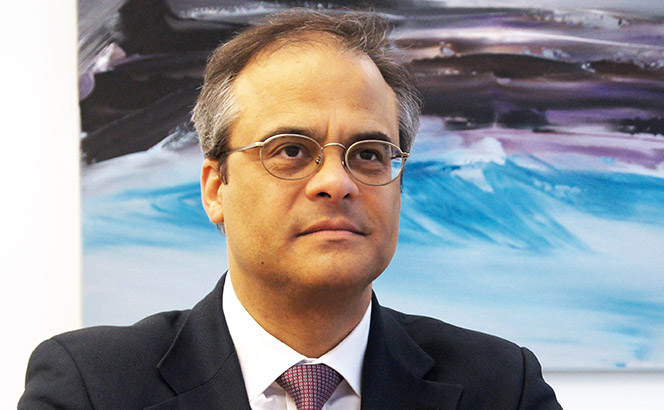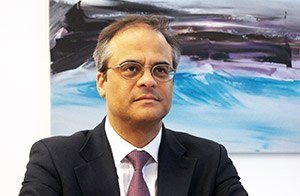
Q&A: Sylvie Gallage-Alwis, Signature Litigation
Signature Litigation’s Paris office co-founding partner on the French litigation system

Signature Litigation’s Paris office co-founding partner on the French litigation system

Disputes-only outfit Signature Litigation has marked its tenth year since inception with a marginal rise in revenues, inching upwards 1.5%…

A quiet revolution is happening, and I am here to champion it. For many years, the role of a professional…

City litigation specialist Signature Litigation has capped off a run of high-profile mandates to record a 16% uptick in revenue…

The High Court has ruled that documents prepared by mining giant Eurasian Natural Resources Corporation (ENRC) in relation to a…

In a busy week for lateral hires, firms have been actively adding to their offices at home and abroad. Linklaters…

A significant portion of the Royal Bank of Scotland (RBS) investors represented by Signature Litigation in the ongoing £4bn rights…

In the middle of a monumental class action against RBS representing around 25,000 claimants, Signature Litigation founding partner Graham Huntley…

Boutique disputes outfit Signature Litigation has landed top commercial litigation and arbitration lawyer Simon Bushell from Latham & Watkins.

Abdulali Jiwaji Partner, Signature Litigation abdulali.jiwaji@signaturelitigation.com Sarah Kelly Associate, Signature Litigation sarah.kelly@signaturelitigation.com Disputes over contractual interpretation find their way to…

Disputes boutique Signature Litigation has seen revenue soar by 36% to £10.2m for the 2015/16 financial year, and continues invest…

Signature Litigation has been instructed by the investment fund of Georgian billionaire Bidzina Ivanishvili and his family in a dispute…

Abdulali Jiwaji Partner, Signature Litigation abdulali.jiwaji@signaturelitigation.com Daniel Hayward-Hughes Associate, Signature Litigation daniel.hayward-hughes@signaturelitigation.com The right of clients to preserve the confidentiality…

Natalia Chumak Partner, Signature Litigation natalia.chumak@signaturelitigation.com Nick Storrs Senior associate, Signature Litigation nick.storrs@signaturelitigation.com Over recent decades, arbitration for dispute resolution…

Having helped secure third-party funding, City boutique Signature Litigation has been instructed by the RBS Shareholders Action Group in its…

The rise of boutiques has been yet another development shaping the legal industry that no-one predicted. Conventional wisdom for years…

On the back of robust financial growth for the 2013/14 year, high-flying boutique Signature Litigation is exploring developing a trainee…

High-flying disputes boutique Signature Litigation has seen its revenue surge by 70% from £4.82 to £8.17m in 2013/14, despite having…

High-flying disputes boutique Signature Litigation has seen its revenue surge by 70% from £4.82 to £8.17m in 2013/14, despite having…